Kenya: Police teargas opposition leader as swearing-in for President Kenyatta masks fragility of '98%' election win
Leaders come from across Africa to attend event confirming Kenyatta's second term under heavy security Nairobi, as police open fire on protesters and teargas opposition leader Raila Odinga, who insists turmoil is not over
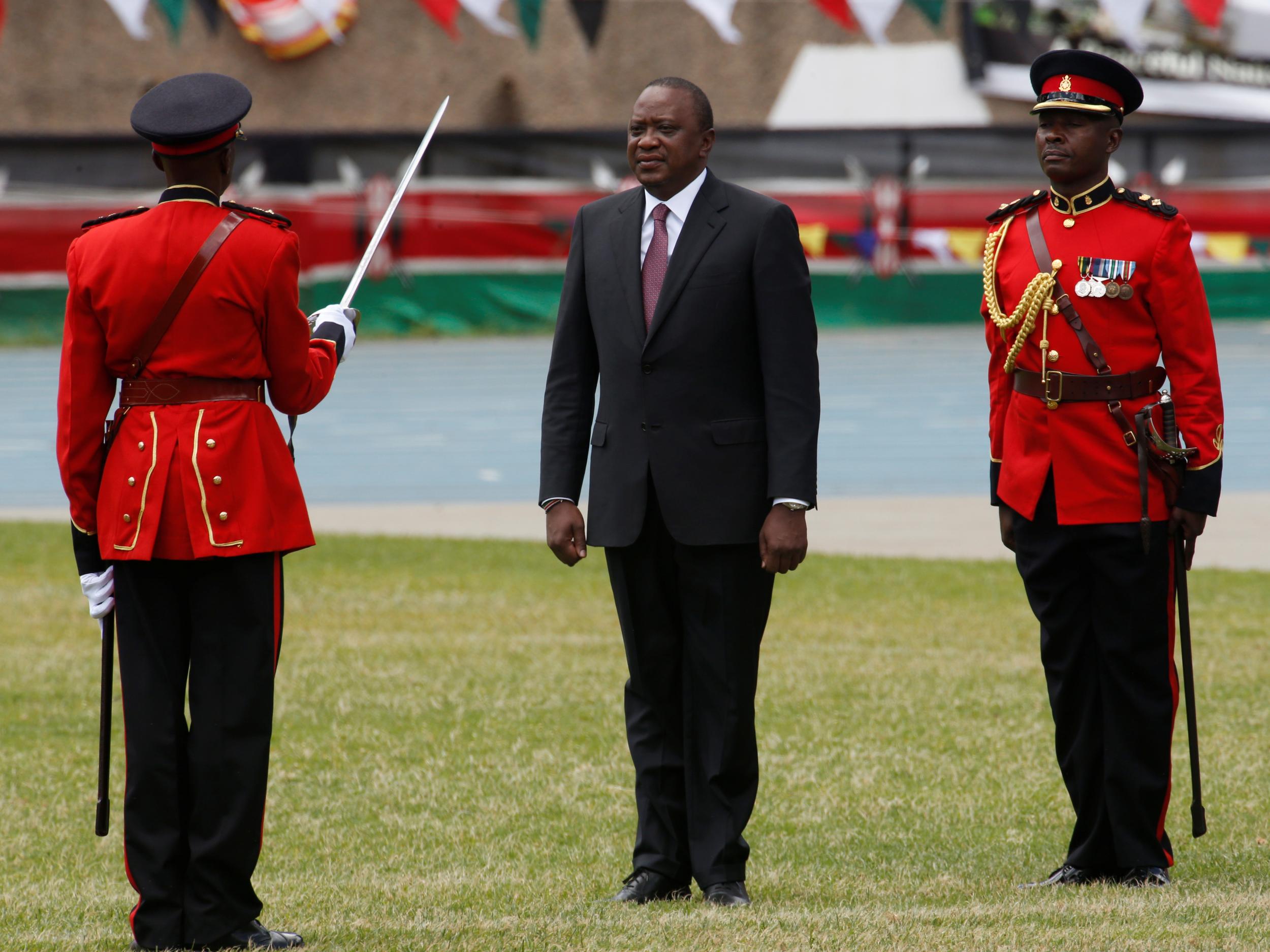
Your support helps us to tell the story
From reproductive rights to climate change to Big Tech, The Independent is on the ground when the story is developing. Whether it's investigating the financials of Elon Musk's pro-Trump PAC or producing our latest documentary, 'The A Word', which shines a light on the American women fighting for reproductive rights, we know how important it is to parse out the facts from the messaging.
At such a critical moment in US history, we need reporters on the ground. Your donation allows us to keep sending journalists to speak to both sides of the story.
The Independent is trusted by Americans across the entire political spectrum. And unlike many other quality news outlets, we choose not to lock Americans out of our reporting and analysis with paywalls. We believe quality journalism should be available to everyone, paid for by those who can afford it.
Your support makes all the difference.Kenyan President Uhuru Kenyatta was sworn in for a second term on Tuesday, shortly before riot police teargassed the convoy of opposition leader Raila Odinga, who promised supporters he would be sworn in himself on 12 December.
Such a move would only deepen divisions opened by the extended election season in Kenya, a Western ally in a volatile region. Months of acrimonious campaigns and sporadic clashes have already blunted growth in East Africa’s richest economy.
At a lavish inauguration attended by the heads of many African nations, Mr Kenyatta did his best to paint a picture of a country moving beyond that divide.
“The elections are now firmly behind us ... I will devote my time and energy to build bridges,” he told a rapturous crowd as he was sworn in for a second, five-year term in a sports stadium in the capital of Nairobi.
But, he warned, Kenyans needed to “free ourselves from the baggage of past grievances, and ... keep to the rule of law”.
Such words may ring hollow to citizens accustomed to the government ignoring reports on corruption from the country’s auditor-general and documentation of hundreds of extrajudicial police killings every year from human rights groups.
Last year, Mr Kenyatta angered many Kenyans by saying he wanted to tackle corruption but his “hands are tied”. His government has also promised to improve police accountability, but an independent watchdog has only ever managed to convict two officers of murder despite thousands of brutality complaints.
On Tuesday, at least one supporter of Mr Odinga was killed and three others were injured, a Reuters witness said. Other witnesses said the man had been shot by the police.
A statement from Mr Odinga said five people were shot, including his daughter’s driver.
Less than an hour after Mr Kenyatta spoke, Kenyan national television carried pictures of riot police swinging clubs at civilians with their hands up.
“I didn’t hear him say a single word on corruption and how he’s going to fight it. I didn’t hear anything on justice,” said prominent anti-corruption campaigner Boniface Mwangi. “When he says that there’s the rule of law, his actions and the actions of his government show there’s no rule of law.”
Mr Kenyatta won a repeat presidential election on 26 October that was boycotted by Mr Odinga, who said it would not be free and fair. The Supreme Court nullified the first presidential election, in August, over irregularities.
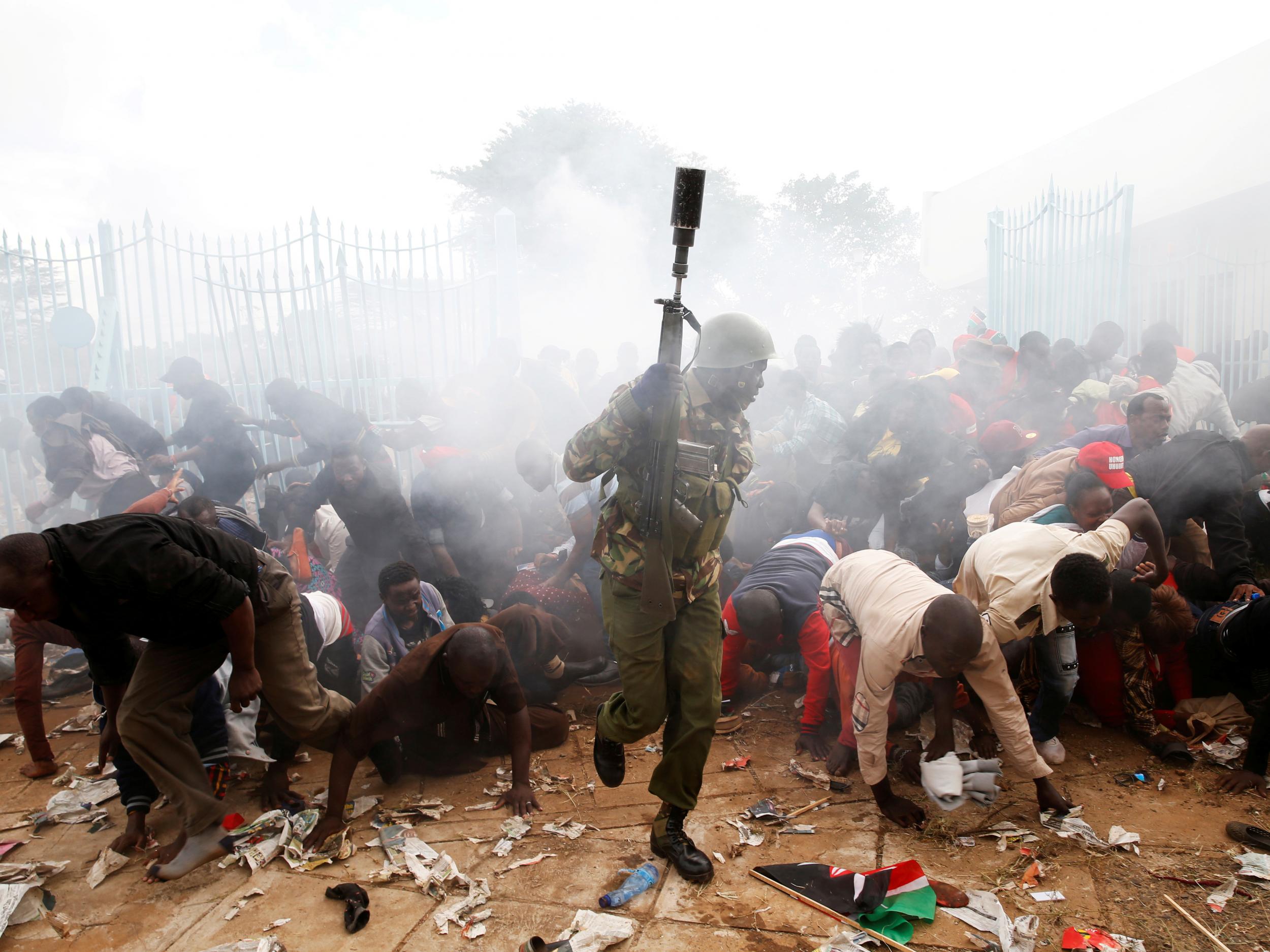
Supporters of Mr Kenyatta – who won the October poll with 98 per cent of the vote after Mr Odinga’s boycott – want the opposition to engage in talks and move on.
“I’m sure Uhuru will be able to bring people together and unite them so we can all work for the country,” said Eunice Jerobon, a trader who travelled overnight from the Rift Valley town of Kapsabet for the inauguration.
But Mr Odinga’s supporters see such talk of unity as tantamount to surrender. Many of them are drawn from poorer parts of the country, and feel angered because they say they are locked out of power and the patronage it brings.
Political arguments often have ethnic undercurrents, with Mr Odinga’s supporters pointing out that three of the country’s four presidents have come from one ethnic group, the Kikuyu, although the country has 44 recognised groups.
Mr Odinga accuses the ruling party of stealing the election, overseeing rampant corruption, directing abuse by the security forces and neglecting vast swathes of the country, including Mr Odinga’s heartland in the west.
“This election of 26 October is fake. We do not recognise it,” Mr Odinga told supporters from the rooftop of a car. “On 12 December, we will have an assembly that will swear me in.”
Shortly after that, riot police teargassed his convoy and charged his supporters.
The opposition had planned to hold a prayer meeting in the capital on Tuesday, saying it wanted to commemorate the lives of Mr Odinga’s supporters killed during confrontations with the security forces over the election period.
More than 70 people have been killed in political violence this election season, mostly by the police. Such killings are rarely investigated and police are almost never prosecuted.
Riot police sealed off the scene of the rally early in the morning, and fired teargas at residents, trying to prevent a crowd from gathering, as a helicopter hovered overhead. Several roads were blocked by burning tyres, rocks, glass and uprooted billboards.
While Mr Kenyatta’s speech glossed over corruption and impunity of politicians and security officials, he promised to raise living standards by increasing jobs, home ownership, electricity connections and health insurance coverage.
Heads of state from Somalia, Rwanda, Uganda, South Sudan, Ethiopia, Djibouti, Zambia and other nations watched as Mr Kenyatta gave a speech peppered with promises, including one to loosen restrictions on travel and owning property for other Africans.
All Africans can now get visas on arrival in Kenya, and members of the East African community can own property, work and live in Kenya, Mr Kenyatta said, adding “to underscore Kenya’s commitment to pan-Africanism, this shall not be done on the basis of reciprocity”.
More than 60,000 supporters of Mr Kenyatta, many clad in the red and yellow Jubilee party colours and carrying Kenyan flags, filled the stadium benches.
Thousands of others waited outside. Some, chafing at the restrictions, overwhelmed police and streamed in. Officers fired teargas to control them.
Reuters
The 100 club: World leaders who claim total support
Kim Jong-un, North Korea – 100%
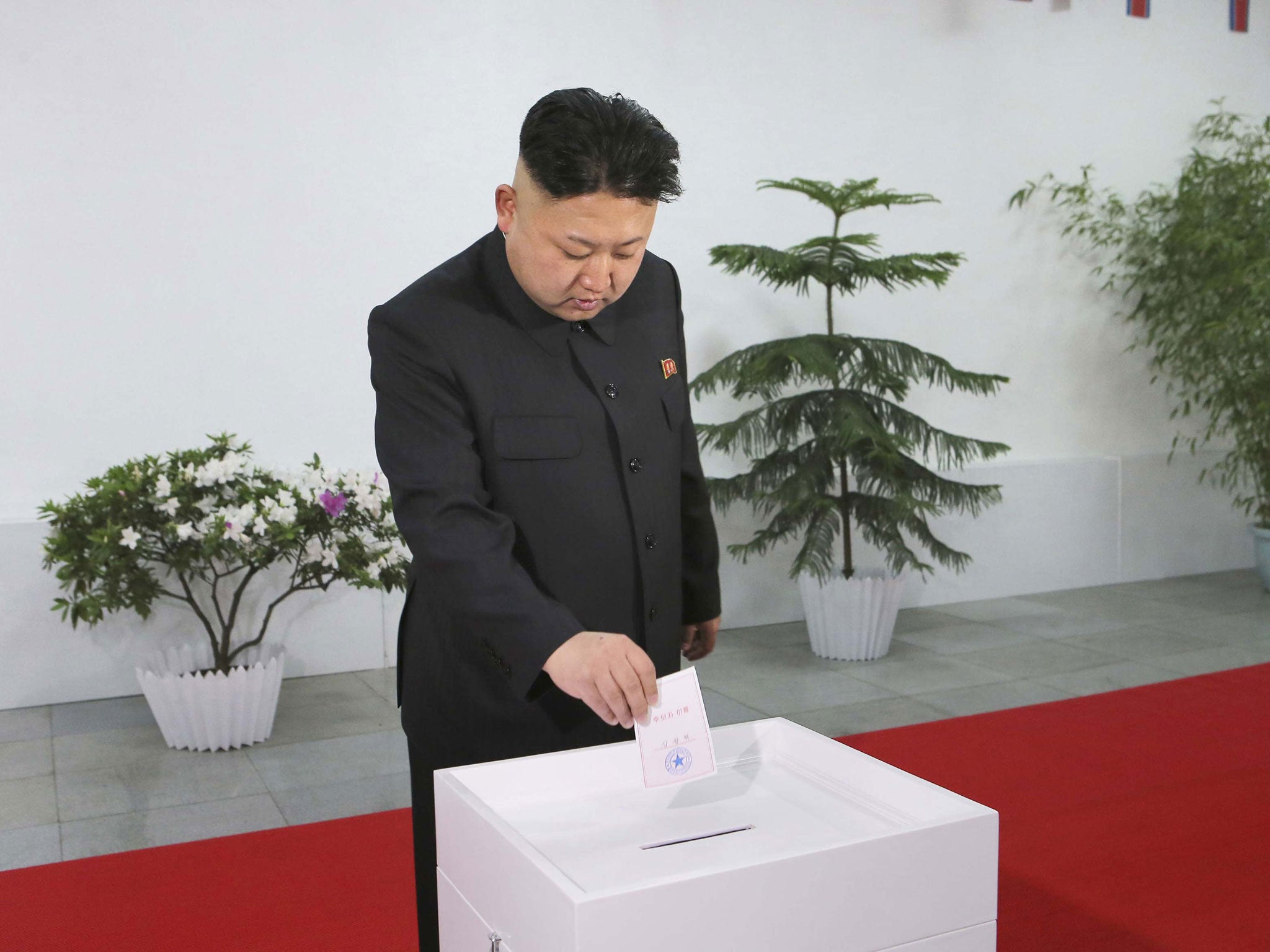
Announcing Mr Kim’s election victory in March 2014, North Korean state media declared: “This is an expression of all the service personnel and people’s absolute support and profound trust in supreme leader Kim Jong-un as they single-mindedly remain loyal to him.”
Raul Castro, Cuba – 99.4%
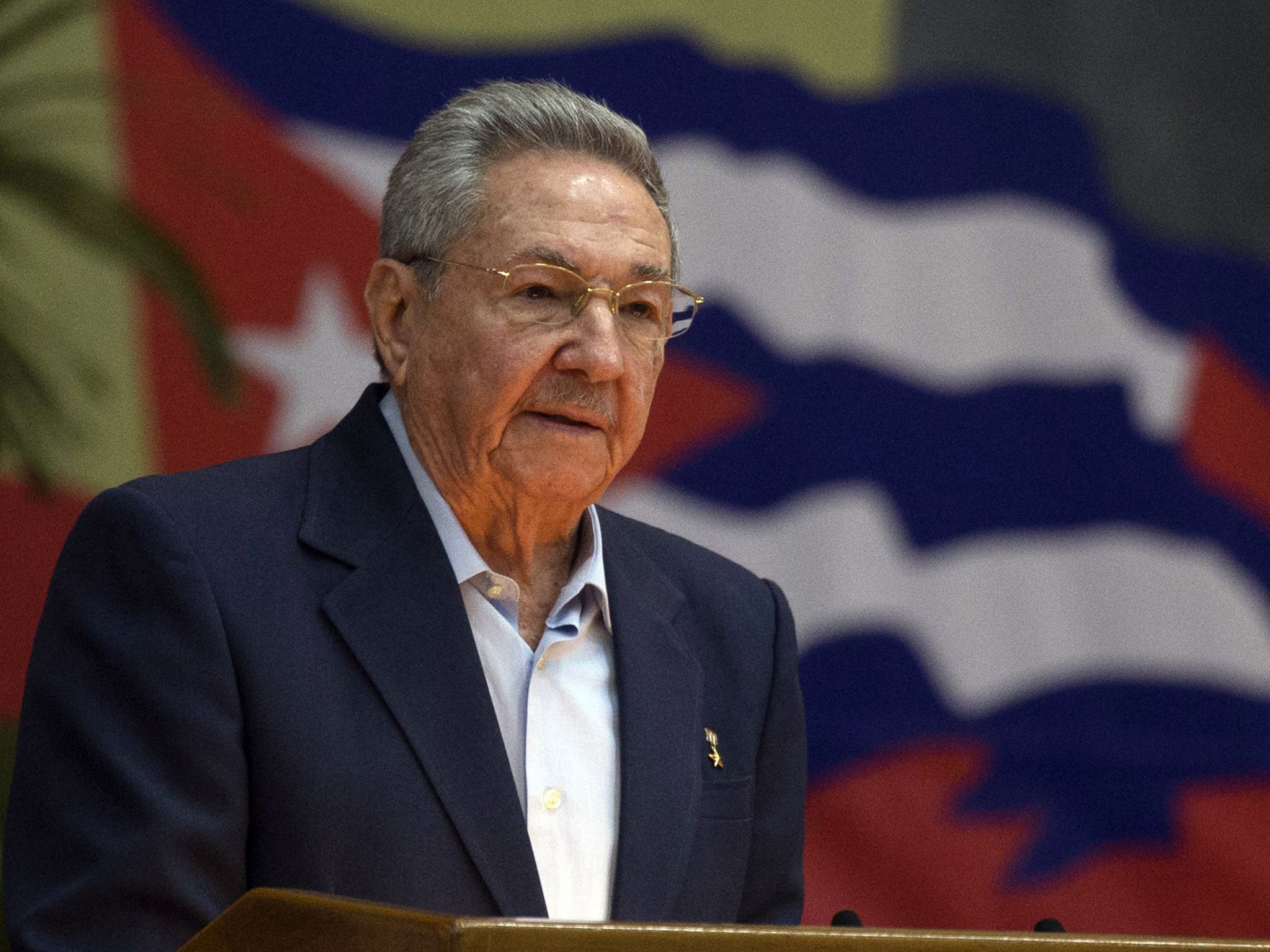
Cuba’s leader was technically named President by parliament, not elected, when his brother Fidel withdrew from office in 2008. They both also ran in countrywide elections at the same time, however. In his constituency of Santiago de Cuba, Raul took 99.4% – beating Fidel by a percentage point.
Abdel Fattah el-Sisi, Egypt – 97%
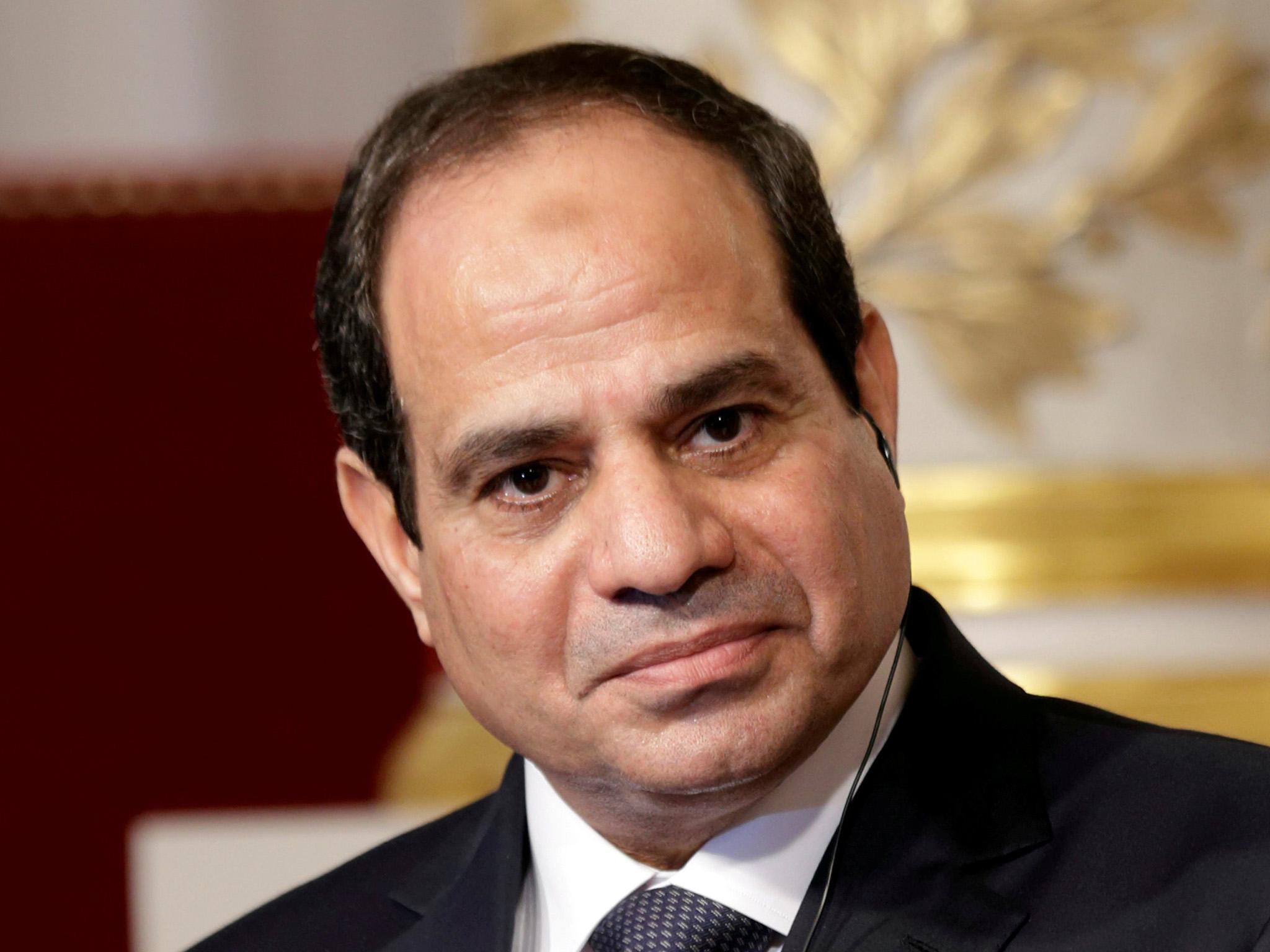
The general who toppled Egypt’s first freely elected leader became President himself in a landslide – but turnout was very low and critics called the election a “farce”.
Gurbanguly Berdimuhamedow, Turkmenistan – 98%
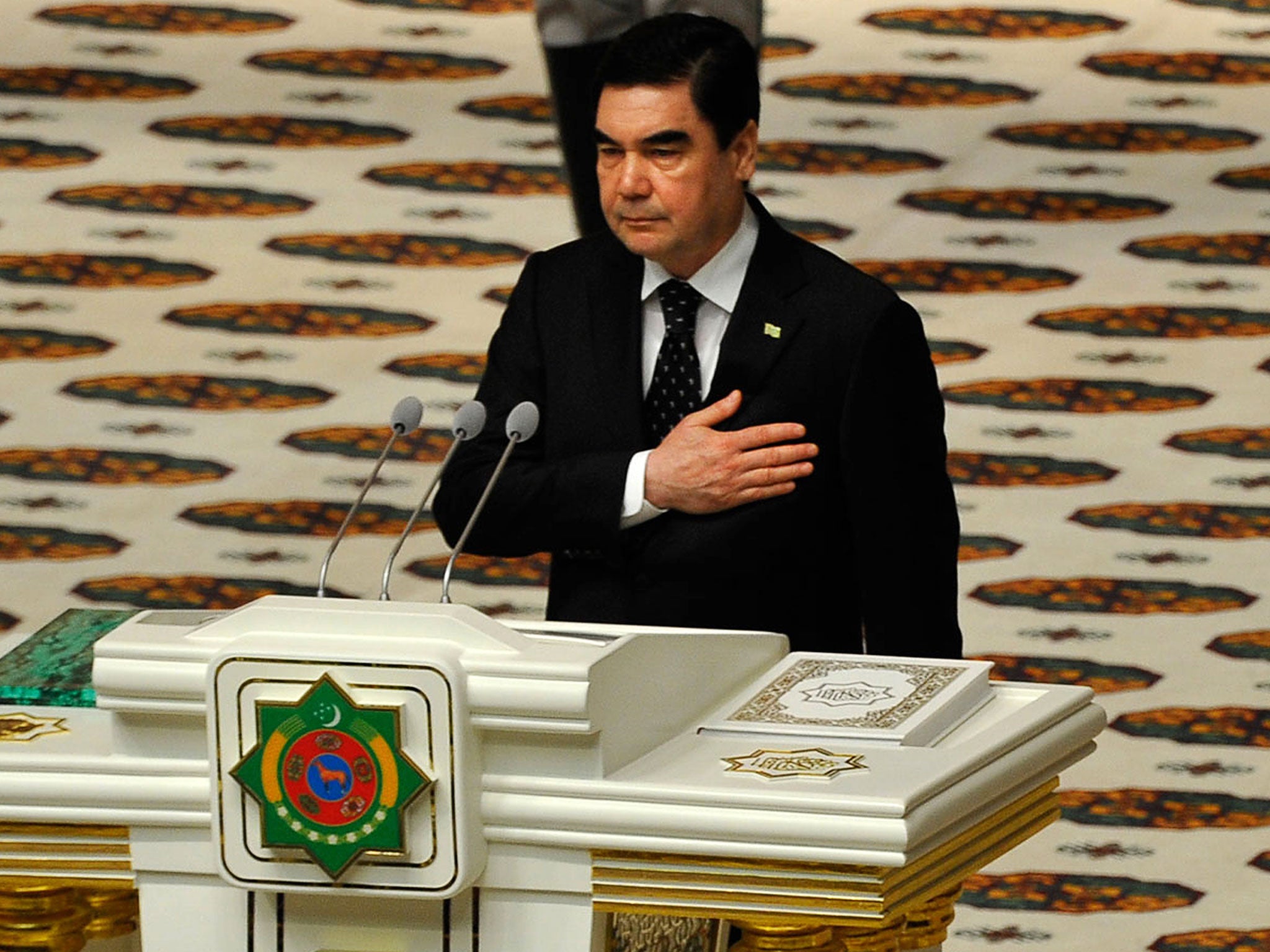
There were eight rival candidates in the election in Turkmenistan earlier this year – but the regime of incumbent Mr Berdimuhamedow ran a “concerted campaign” to suppress dissent, according to rights groups.
Ramzan Kadyrov, Russian republic of Chechnya – 98%
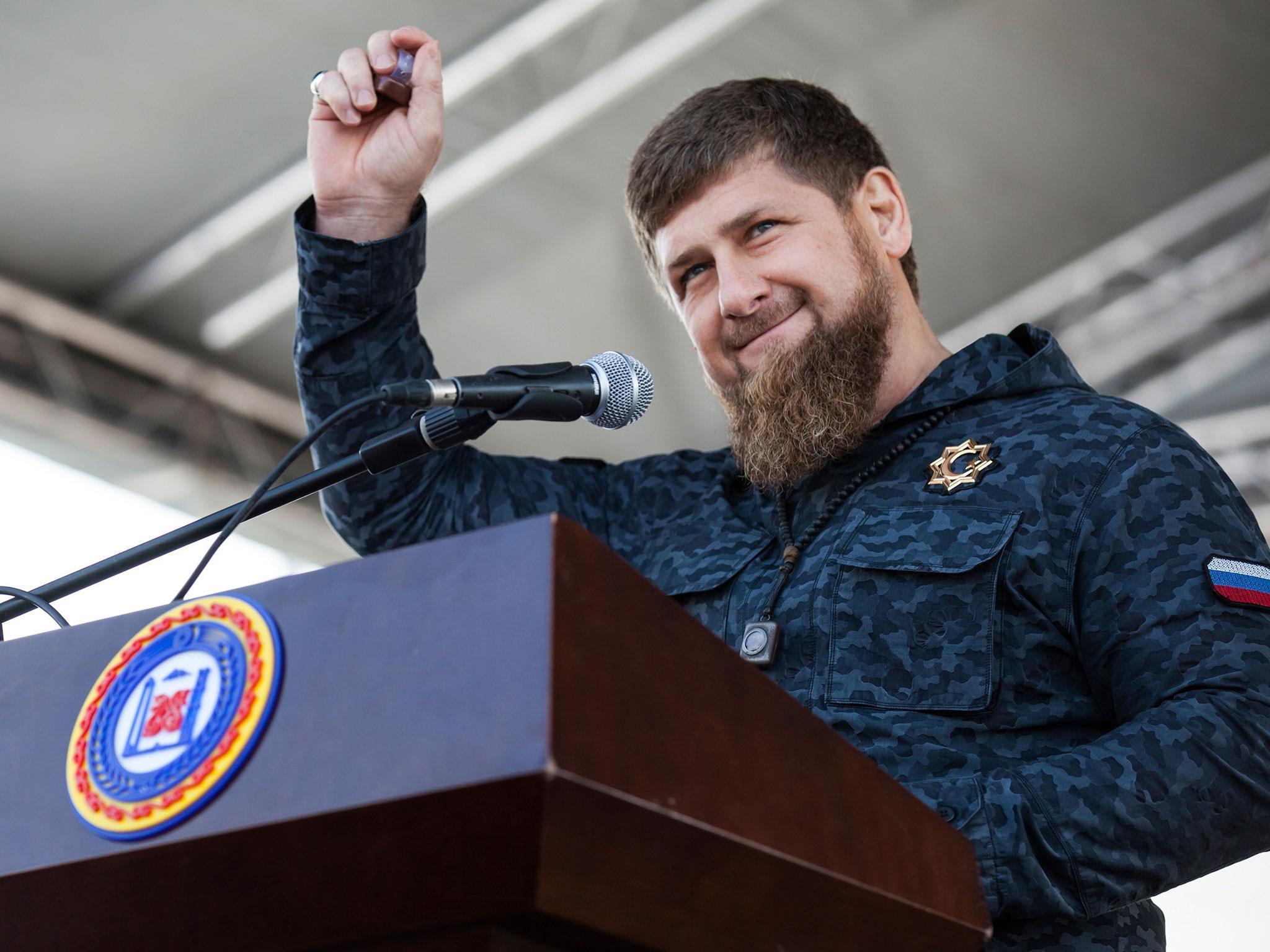
Nominated to lead the vassal of Moscow by Vladimir Putin, Mr Kadyrov also won huge support as part of Russia’s nationwide elections in September 2016.
Nursultan Nazarbayev, Kazakhstan – 97.7%
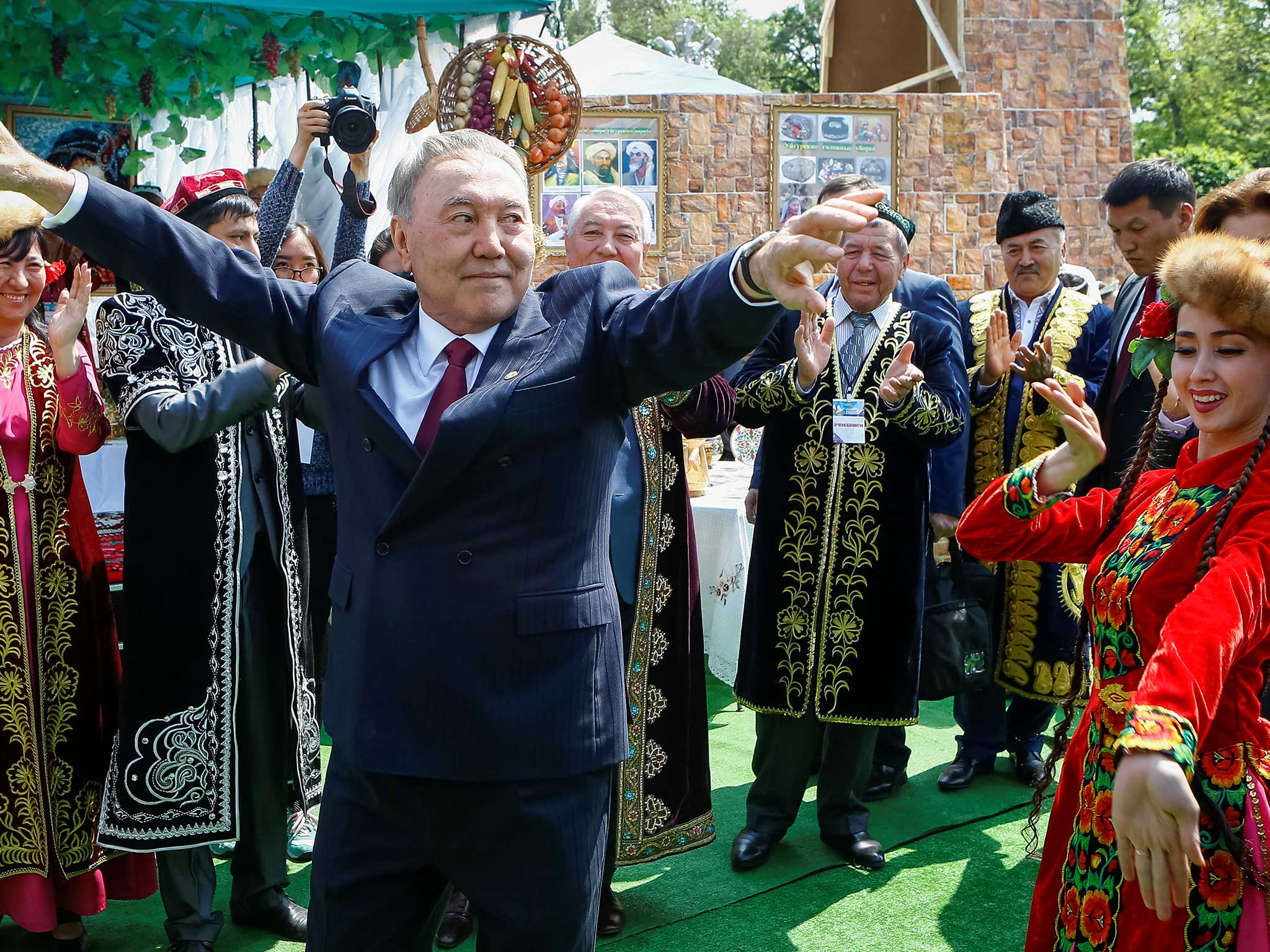
The last Kazakh elections, in 2015, returned Mr Nazarbayev as President again. He has been the country’s one and only leader since 1990.
Join our commenting forum
Join thought-provoking conversations, follow other Independent readers and see their replies
Comments